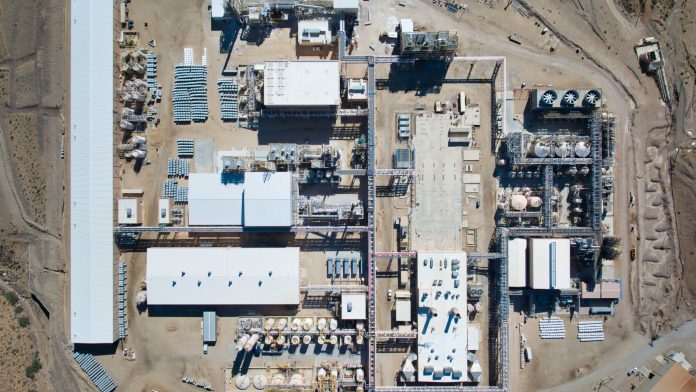MP Materials has signed a landmark deal with the U.S. Department of Defense to expand rare earth magnet production and reduce reliance on Chinese supply. The agreement includes a government-backed floor price nearly twice the current Chinese rate, a $400 million equity investment, and long-term offtake guarantees for defense and commercial use. MP will invest $600 million of its own capital, backed by a $1 billion loan, and plans to launch a new manufacturing facility in 2028. The Defense Department will become MP’s largest shareholder, raising Washington’s stake to 15%.
Here’s why it matters:
While this deal primarily serves national security interests, it has direct implications for the auto industry. Rare earth magnets are vital components in electric vehicle motors, and supply constraints have already disrupted production at several facilities. By bolstering domestic supply, this agreement can help stabilize costs, secure EV part availability and reduce vulnerability to geopolitical risks. Dealers can expect improved supply chain reliability over the next few years, particularly as EV adoption accelerates and the U.S. seeks to localize critical materials sourcing.
Key takeaways:
- DoD becomes MP’s largest shareholder
The Department of Defense will take a 15% stake in MP through $400 million in preferred stock and warrants, overtaking China’s Shenghe Resources. - Price floor supports U.S. producers
The deal guarantees a $ 110-per-kilogram floor price for key rare earths, nearly double China’s current rate, which is expected to encourage more domestic production. - New magnet plant launches in 2028
MP will build a second U.S. magnet facility, called the “10X Facility,” backed by a $1 billion loan, with output locked in for 10 years. - More U.S.-based processing coming
MP will expand rare earth separation capabilities at its California site, aided by a $150 million DoD loan to reduce dependence on China. - Securing EV and defense supply chains
The move comes as China’s export cuts strain global magnet supplies. The deal helps stabilize key inputs for EVs and military tech.



